As I mentioned in the previous post, on the 10th, I defended my university professorship. I didn’t want to include a section for acknowledgements in the document because I didn’t want to introduce “such sentimentality” into a document that is so “formal and academic.” I fear it might undermine the importance, the imprint of effort, and the rigour (yes, I know I sometimes get carried away with formality and take myself too seriously), but instead, I included a final section, like an epilogue, to honour what I wanted to call “My Sources,” and I reproduce it here for you:
“Reaching this professional milestone results from constant and conscious work following a dynamic vision of what is essential in and for the university. This vision has gifted me with the best I have: my sources of inspiration.
First and foremost, I want to highlight my students as a source of inspiration. Each course, each subject, is a challenge. Trying to make the subject and our work in class memorable and worthwhile is an obsession. I sincerely hope to be quickly forgotten as a person, but I need the experience my students have at university, including in my class, to be professionally transformative. This goal drives me.
The curriculum that evidences my professional trajectory is the story of all the stories that have brought me to this moment. For me, it is much more than a sum of things—although it may be so for current academic evaluation models, I refuse to let my career be summarized as a sum of things. My professional journey is the residue of many classes—both received and given—tons of conversations, many discussions, thousands of defences, hours of chat, and the patience and wisdom of many people whose contributions form the layers that have built the vantage point from which I now view the world.
This project and my curriculum are a story of growth in a field of knowledge, of an epistemological, ideological, methodological, and academic proposal, of a way of doing, sharing, resisting, and attempting to influence.
I have the privilege of having worked—and continue to work—with dozens of people around the world (far beyond what a research group or usual network includes). All the people listed in my CV as co-authors—and many who are not listed—have gifted me moments that have helped me grow, reflections that have illuminated new perspectives, corrections that make me more readable, readings that have opened my eyes, doubts that have made me think more, questions that have made me ponder deeply, habits and quirks that have changed me. The projects included in this proposal—like most of the ones I undertake—have been discussed with many people, and I am inspired by the long and short moments these people have gifted me.
I’ve shared as much as I could these years and will continue to do so in the most orthodox formats and all those I consider relevant or interesting at any given moment. Beyond what “counts,” beyond what is “fundable,” I will continue doing so. Disseminating these years in varied formats, in diverse contexts, has taught me many things that I’ve put into practice in my way of researching my way of teaching, and it has made what we do reach places and people where research published in articles doesn’t usually go.
Having the opportunity to apply for a University Professorship represents an immense privilege and responsibility for me. I’ve reached this point in a concrete manner, which has implications that I accept and a price that I will continue to pay; it is my mission to be worthy of that privilege and that responsibility. Thanks to all the people and institutions that support me every single day to make this possible.”
And here in this post, taking advantage of this happy moment, and since it is no longer a formal context, I want to thank, besides my sources of inspiration—all of you who gift me with your conversation and time—my friends, those from Valencia, the Old Glories, the gang members, those from a thousand places who have been more than my co-authors and share my days and joys, those who wrapped me up when it was cold, those who made me feel surrounded even when I was alone, those who always believe in me and have the patience to love me despite being just me.
Thank you to everyone who has shared your joy over this achievement with me and feels it as their own. Thank you for the wonderful things you have said to me these days.
To my original family, my parents –my mom– for the privileges that allowed me to get here, and our family’s history that partly made me who I am. To my in-laws—brothers-in-law, sisters-in-law, and nieces and nephews (who make me an aunt even though I have no siblings)—to my in-laws—Arturo and Alicia—who are always with me in these “final” moments but live with me through all the intermediates, thanks for making me feel how proud you are of me.
To my family. To Alejandro, who makes me a better version of myself, who only cares that I’m happy, who is always on my team. To Raquel, who accompanies me to infinity and beyond, has gifted me some of the most exciting and fun conversations, the boldest plans I can think of, and has “rearranged” the world, our world, happily in many ways.
Gracias Totales.
The images in this gallery are a series of postcards I created amid my concern of giving meaning to the CV beyond the idea of “farther, longer, more, higher.” I will publish the details of how I made them AND the slideshow in case you are interested in knowing. Yes, they are only in Spanish 😉
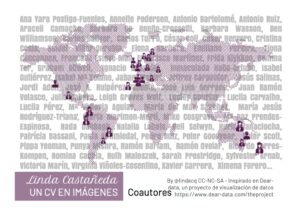

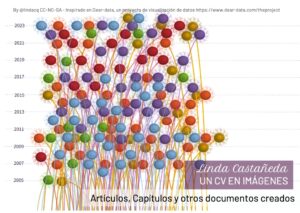

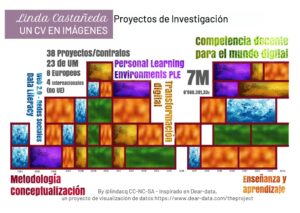

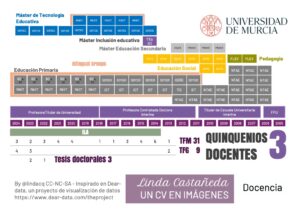

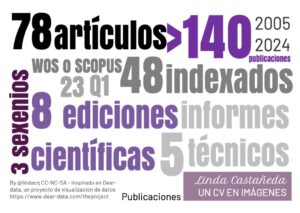

 university professorship in Educational Technology. Perhaps because of this, I do not intend to make a definitive theoretical or epistemic stance. This work is not meant to be ‘my legacy’ or a declaration of what I intend my research to be from now on, precisely because the mission of an academic, at least from my point of view, should be reviewed, rethought, and redirected continuously.
university professorship in Educational Technology. Perhaps because of this, I do not intend to make a definitive theoretical or epistemic stance. This work is not meant to be ‘my legacy’ or a declaration of what I intend my research to be from now on, precisely because the mission of an academic, at least from my point of view, should be reviewed, rethought, and redirected continuously.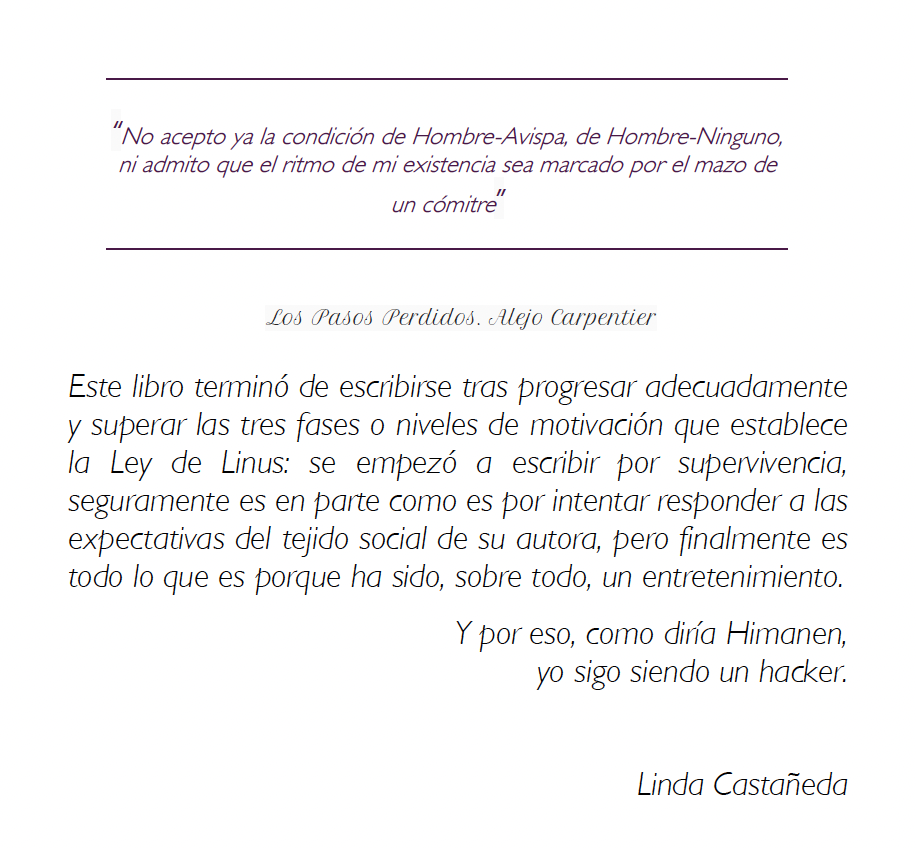

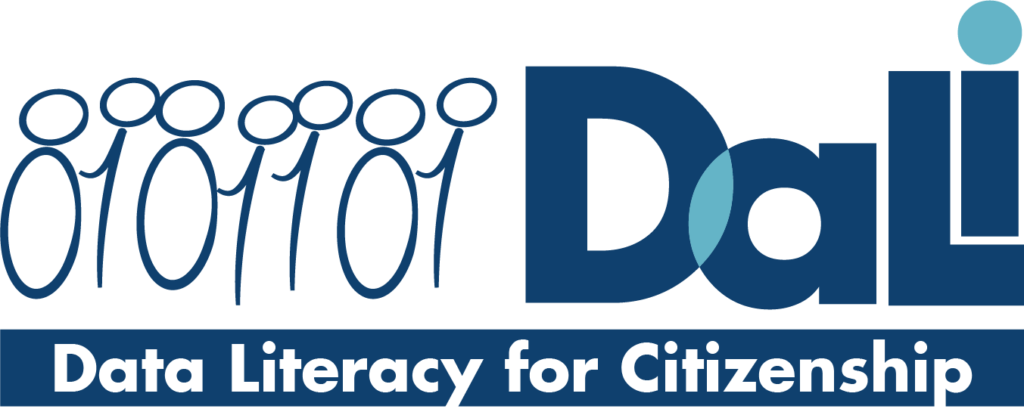 On 30 December 2023, the DALI project -Data Literacy for Citizenship- (
On 30 December 2023, the DALI project -Data Literacy for Citizenship- (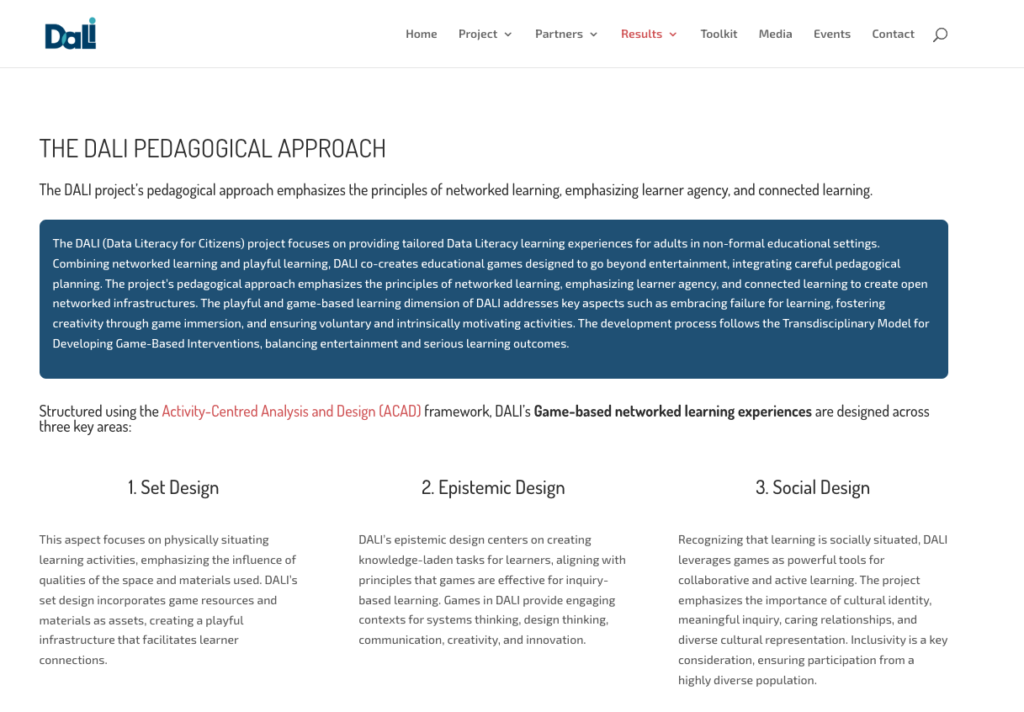
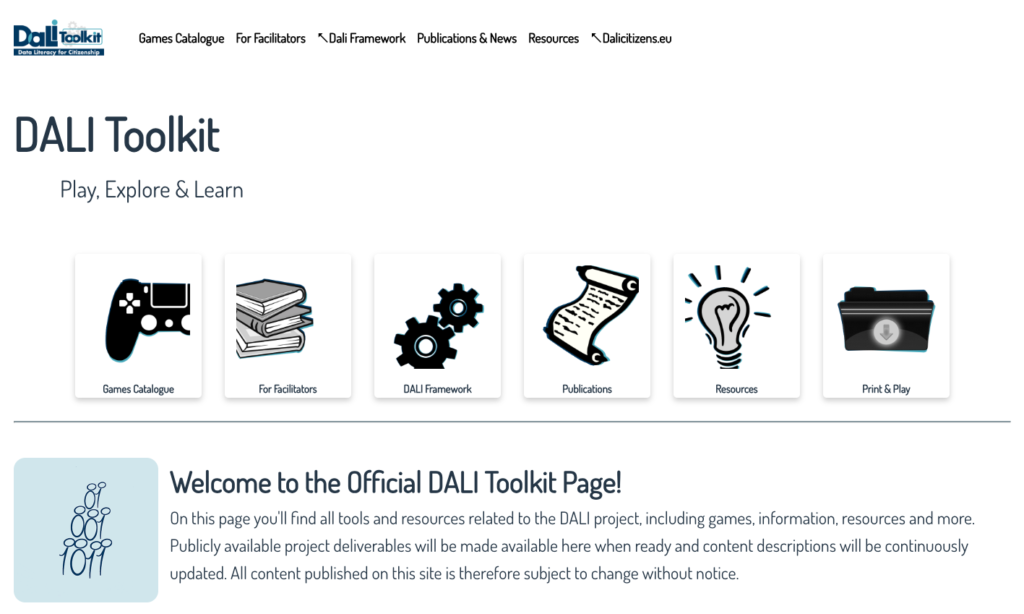
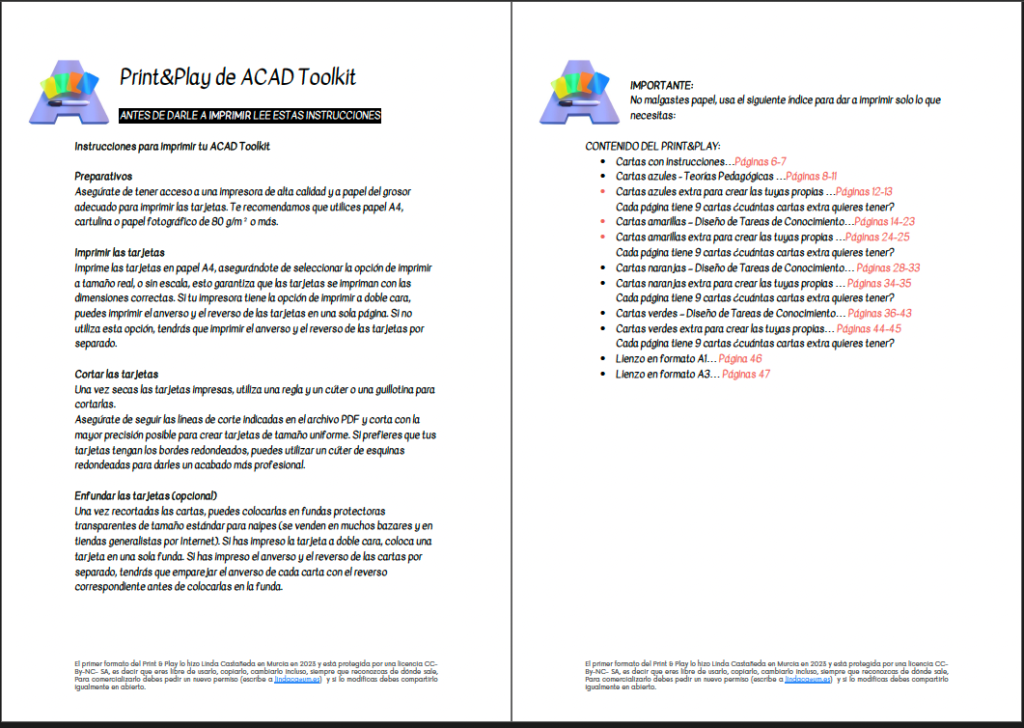
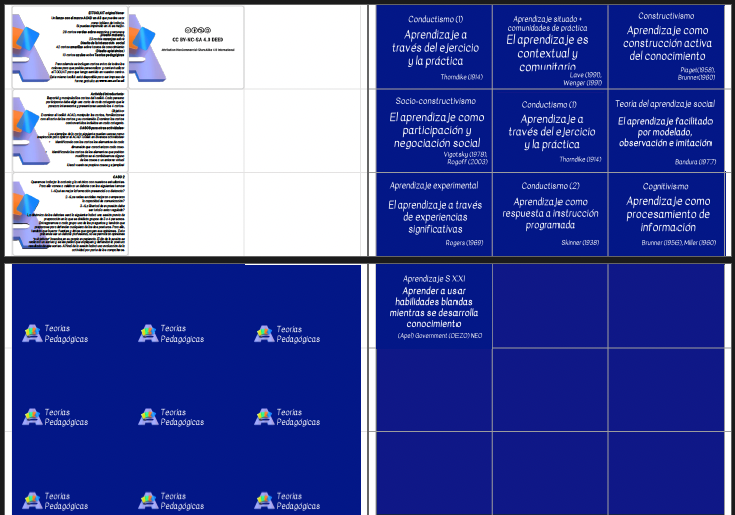
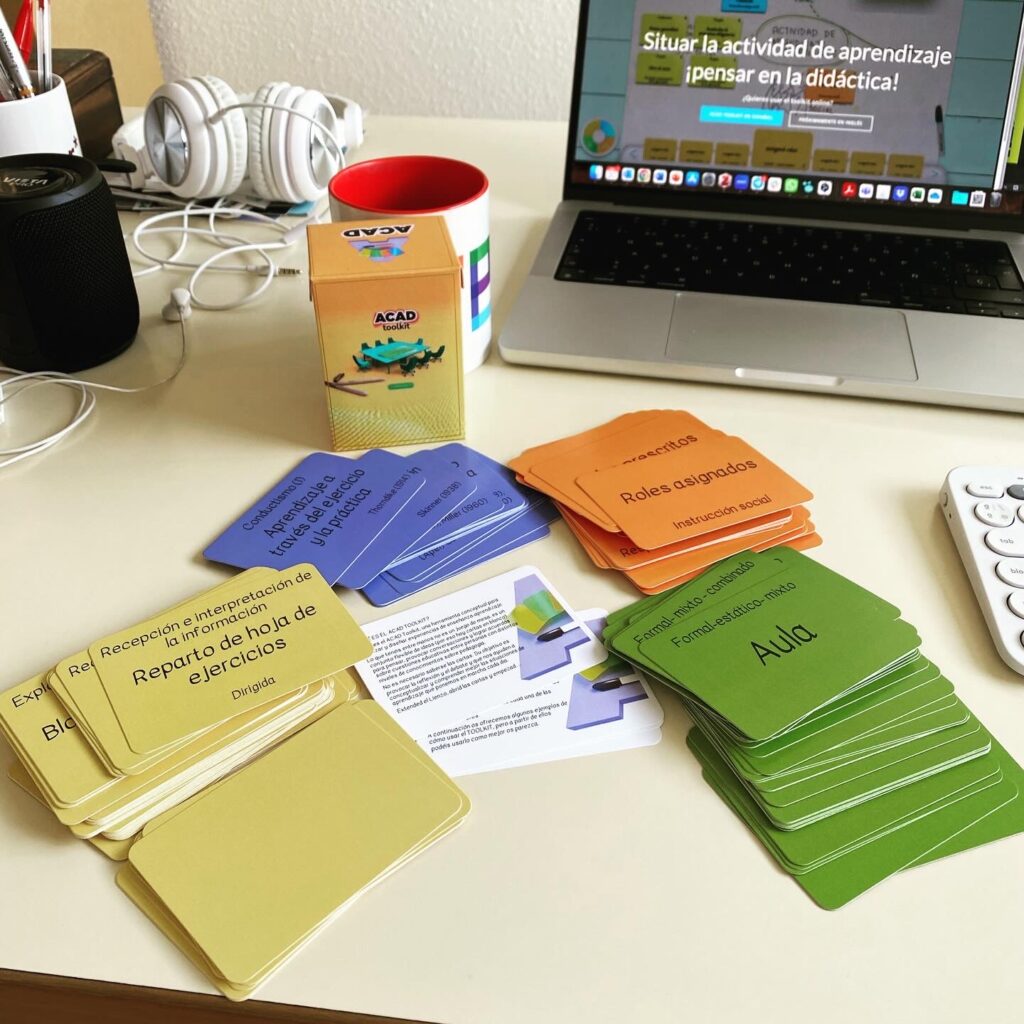
Emiliano Pereira González
Antonio Ruiz Martínez
Report and Technical Coordination
Linda Castañeda y Núria Vanaclocha.
Universidad de Murcia
Proyecto Competencias Digitales del Profesorado- Formación y Acreditación. DigCompEdu-FyA.
Real Decreto 641/2021, de 27 de julio, por el que se regula la concesión directa de subvenciones a universidades públicas españolas para la
modernización y digitalización del sistema universitario español en el marco del Plan de Recuperación, Transformación y Resiliencia
Ministerio de Universidades. BOE-A-2021-12614
Permanent link to the Report at the UM DIGITUM Repository https://lnkd.in/dUMwUc6d